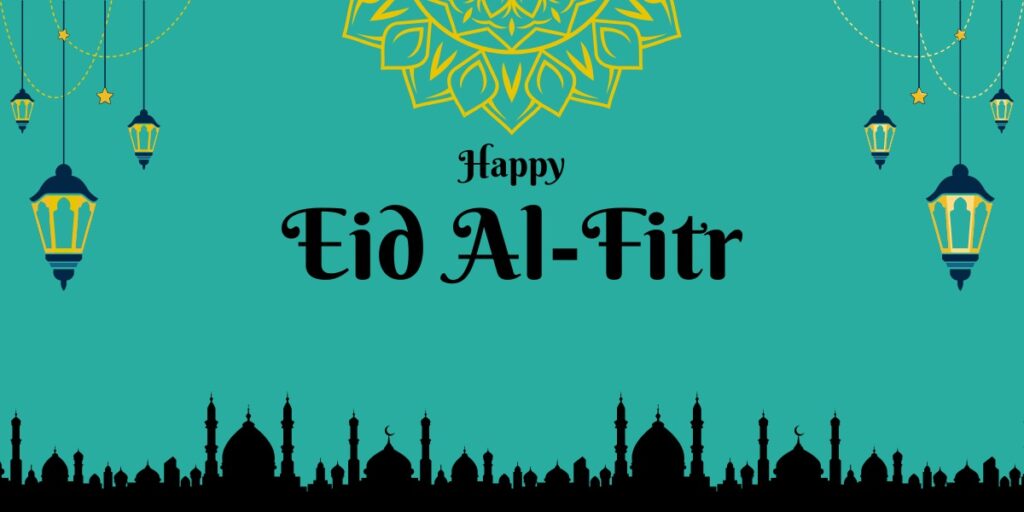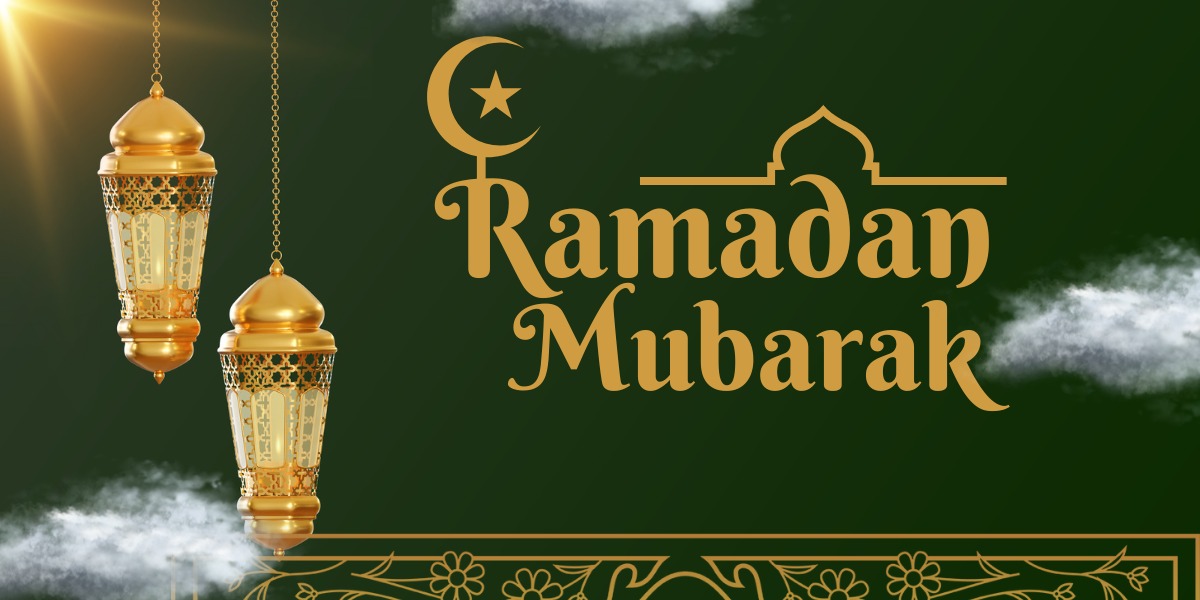Islamic Date Today: Understanding the Islamic Calendar and Its Significance
Islam is a religion that follows a lunar calendar, which is based on the cycles of the moon. The Islamic calendar is also known as the Hijri calendar and has been used by Muslims for centuries to determine the dates of important religious events. In this article, we will explore the Islamic date today, the Islamic calendar, and its significance in Muslim culture.
The Islamic Calendar:
The Islamic calendar is a lunar calendar, consisting of twelve months. Each month begins with the sighting of the new moon. Unlike the Gregorian calendar, which is used in most of the world, the Islamic calendar has 354 or 355 days, depending on the moon sightings. This means that the Islamic year is about 11 days shorter than the Gregorian year.
The Islamic calendar begins with the month of Muharram and ends with the month of Dhu al-Hijjah. The month of Ramadan, which is the ninth month, is the most important month in the Islamic calendar. It is during this month that Muslims fast from sunrise to sunset and engage in increased acts of worship.

Islamic Date Today:
As the Islamic calendar is based on the lunar cycles, the date changes every day. The Islamic Date Today is determined by the sighting of the new moon. In most Muslim countries, the sighting of the new moon is done by religious authorities or organizations. Once the moon is sighted, the new month begins, and the date changes.
The Islamic date is usually written in the format of the day, month, and year in the Hijri calendar. For example, today’s Islamic date is the 6th of Shawwal, 1444 Hijri. It is important to note that the Islamic year is not synchronized with the Gregorian year, which means that the Islamic date changes every year in relation to the Gregorian date.
Significance of the Islamic Calendar:
The Islamic calendar is of great significance in Muslim culture. It is used to determine the dates of important religious events, such as Eid al-Fitr, Eid al-Adha, and the start of Ramadan. It is also used to mark important historical events, such as the Hijra, which marks the migration of Prophet Muhammad (PBUH) from Mecca to Medina in 622 CE.
The Islamic calendar also plays a significant role in the daily lives of Muslims. It is used to determine the times for daily prayers, which are one of the five pillars of Islam. The Islamic calendar also serves as a reminder of the importance of time and the fleeting nature of life. Muslims are encouraged to use their time wisely and to make the most of each day.:
The Islamic date today is an important aspect of Muslim culture. The Islamic calendar, which is based on the lunar cycles, is used to determine the dates of important religious events and historical events. It is also used to mark the times for daily prayers, reminding Muslims of the importance of time and the fleeting nature of life. Understanding the Islamic calendar is essential for anyone who wants to learn more about Muslim culture and traditions.




